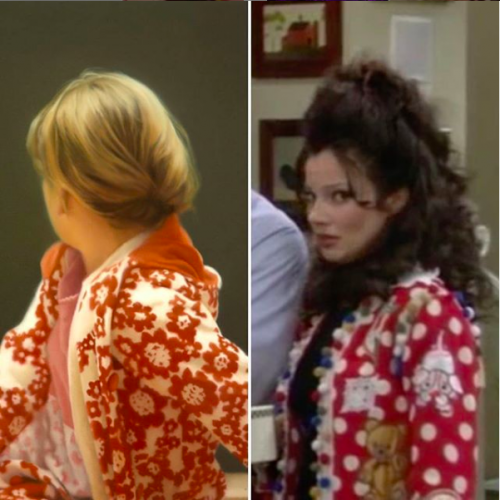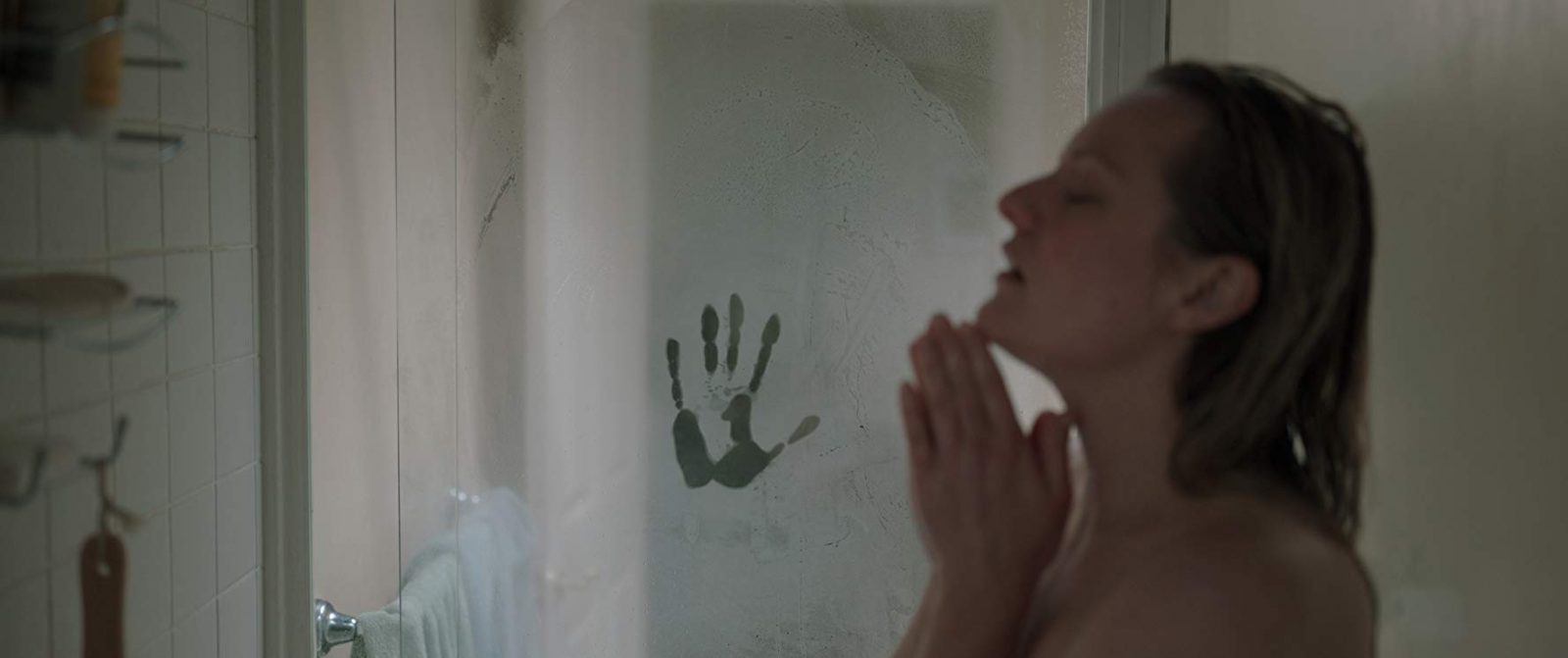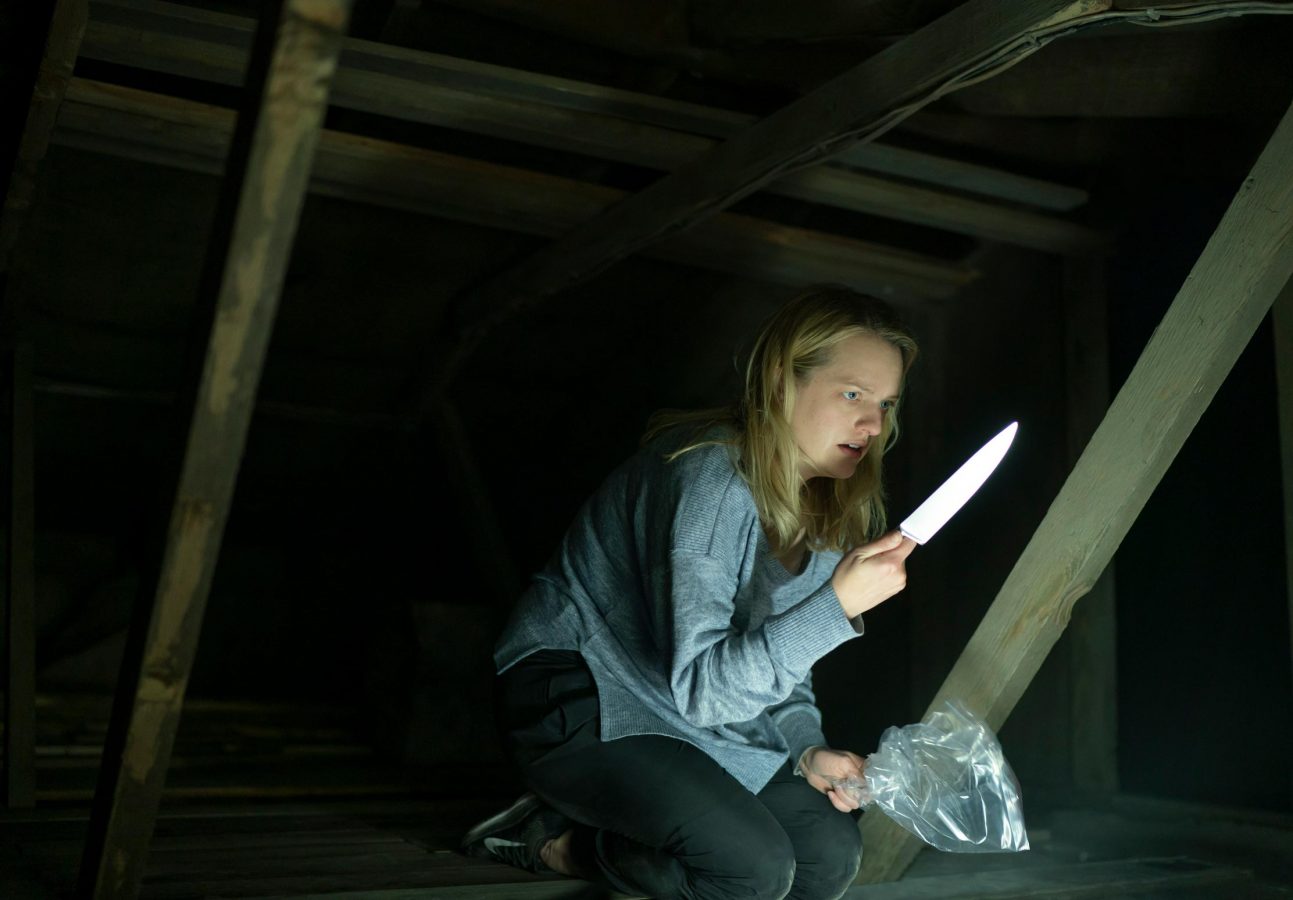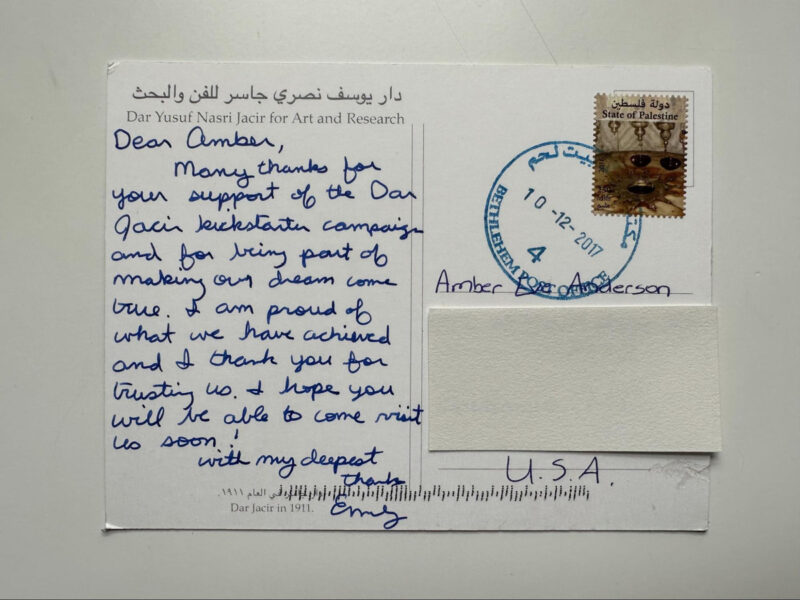MOVIE LISTINGS
THE CHARLES THEATRE, 1711 NORTH CHARLES STREET, (410) 727-3464, THECHARLES.COM
Revival: The Devil Is A Woman (Josef Von Sternberg, US, 1935). Sat: 11:30 a.m.; Mon: 7:00; Thurs: 9:00
Emma (Autumn de Wilde, UK, US, 2020). Fri-Sat: 1:05, 4:00, 6:45, 9:35; Sun-Mon: 1:05, 4:00, 6:45; Tues-Wed: 1:05, 4:00, 6:45, 9:35; Thurs: 1:05, 4:00, 6:45, 9:30
JoJo Rabbit (Taika Waititi, US, 2019). Fri-Sat: 4:00, 9:35; Sun-Mon: 4:00; Tues-Wed: 4:00, 9:35; Thurs: 4:00, 6:45
Once Were Brothers: Robbie Robertson and The Band (Daniel Roher, US, 2020). Fri-Sat: 9:35; Tues-Thurs: 9:35
Ordinary Love (Lisa Barros D’Sa, US, 2019). Fri-Thurs: 12:45, 3:40, 6:40
Parasite (Bong Joon-ho, South Korea, 2019). Fri-Sat: 12:50, 3:50, 6:50, 9:35; Sun: 12:50, 3:50, 6:50; Mon: 12:50, 3:50; Tues-Thurs: 12:50, 3:50, 6:50, 9:35
Portrait Of a Lady On Fire (Céline Sciamma, France, 2019). Fri-Sat: 1:00, 3:50, 6:50, 9:30; Sun-Mon: 1:00, 3:50, 6:50; Tues-Thurs: 1:00, 3:50, 6:50, 9:30
The Traitor (Marco Bellocchio, Italy, 2019). Fri-Wed: 12:55, 6:45; Thurs: 12:55
CREATIVE ALLIANCE, 3134 EASTERN AVENUE, (410) 726-1651, CREATIVEALLIANCE.ORG
She Done Him Wrong (Lowell Sherman US, 1933). Fri: 7:30 (hosted by Betty O’Hellno with burlesque afterward)
ENOCH PRATT FREE LIBRARY
The Addams Family (Conrad Vernon and Greg Tiernan, US, 2019). Wed: 3:00, Hamilton Branch
Captain Marvel (Anna Boden and Ryan Fleck, US, 2019). Sat: 2:00, Southeast Anchor Library
Detroit (Kathryn Bigelow, US, 2017). Mon: 5:00, Pennsylvania Ave. Branch
Harriet (Kasi Lemmons, US, 2019). Sat: 2:00 with screenings at Central Library and Waverly Branch
Joker (Todd Phillips, US, 2019). Fri: 2:00, Herring Run Branch
Lady And The Tramp (Clyde Geronimi, Wilfred Jackson, and Hamilton Luske, US, 1955). Sat: 10:30 a.m., Roland Park Branch
Suffragette (Sarah Gavron, US, 2015). Mon: 4:00, Reisterstown Road Branch
THE PARKWAY THEATRE, 5 WEST NORTH AVENUE, (410) 752-8083, MDFILMFEST.COM
And Then We Danced (Levan Akin, Sweden, 2019). Fri-Sat: 1:15, 4:15, 7:00; Sun: 1:15, 4:15; Mon-Wed: 4:15; Thurs: 9:30
Fantastic Fungi (Louie Schwartzberg, US, 2019). Fri-Sat: 4:30, 9:30; Sun: 4:30; Mon: 7:15; Tues: 4:30; Wed: 7:15; Thurs: 10:00
Not In My Neighborhood (Kurt Orderson, South Africa, US, Brazil, 2018). Tues: 7:00 (free screening)
Polyester (John Waters, US, 1981). Thurs: 7:30
Premature (Rashaad Ernesto Green, US, 2019). Fri-Sat: 1:00, 7:00, 9:45; Sun: 1:00, 7:00; Mon: 4:30, 7:00; Tues: 7:00; Wed: 4:30, 7:00; Thurs: 7:00
Twice Upon A Time (John Korty and Charles Swenson, US,1983). Sun: 6:30
The Woman Who Loves Giraffes (Alison Reid, US, 2019). Fri-Sat: 12:45, 4:00, 6:45, 9:00; Sun: 12:45, 4:00, 6:45; Mon-Wed: 4:00, 6:45; Thurs: 6:45, 9:00
THE SENATOR THEATRE, 5904 YORK ROAD, (410) 323-4424, SENATORTHEATRE.COM
The Call Of The Wild (Chris Sanders, US, 2020). Fri-Sat: 12:50, 3:50, 6:45, 9:40; Sun: 10:10 a.m., 12:50, 3:50, 6:45; Mon: 3:50; Tues-Thurs: 12:50, 3:50, 6:45, 9:40
Little Women (Greta Gerwig, US, 2019). Fri-Sat: 12:40, 3:40, 6:40, 9:30; Sun-Mon: 12:40, 3:40, 6:40; Tues: 12:40, 3:40, 6:40, 9:30; Wed: 12:40, 3:40, 9:30; Thurs: 12:40, 3:40, 6:40, 9:30
Onward (Dan Scanlon, US, 2020). Fri-Sat: 1:00, 4:00, 7:00, 9:35; Sun: 9:50 a.m., 1:00, 4:00, 7:00; Mon: 1:00, 4:00, 7:00; Tues-Thurs: 1:00, 4:00, 7:00, 9:35
Revival: Rope (Alfred Hitchcock, US, 1948). Wed: 7:30
Sonic The Hedgehog (Jeff Fowler, US, 2020). Fri-Sat: 1:05, 4:05, 7:05, 9:35; Sun: 9:45 a.m., 1:05, 4:05, 7:05; Mon: 1:05, 4:05, 7:05; Tues-Thurs: 1:05, 4:05, 7:05, 9:35
Revival: Willy Wonka and The Chocolate Factory (Mel Stuart, US, 1971). Sun: 10:00 a.m.; Mon: 1:00








